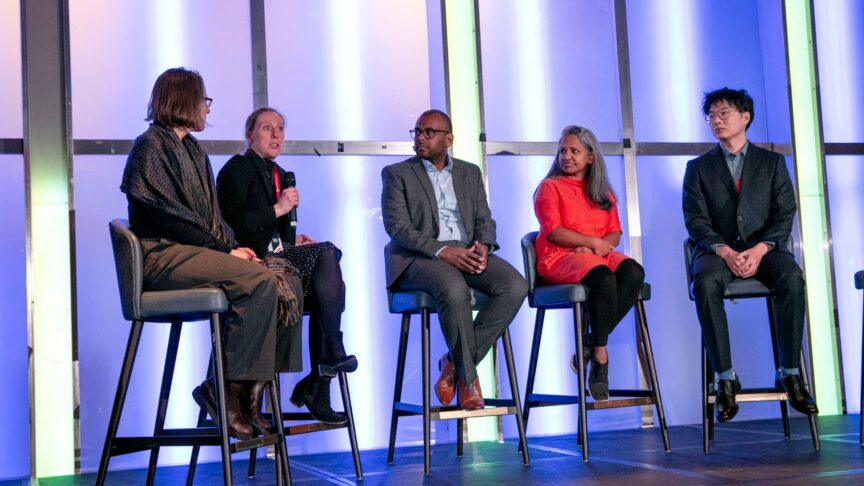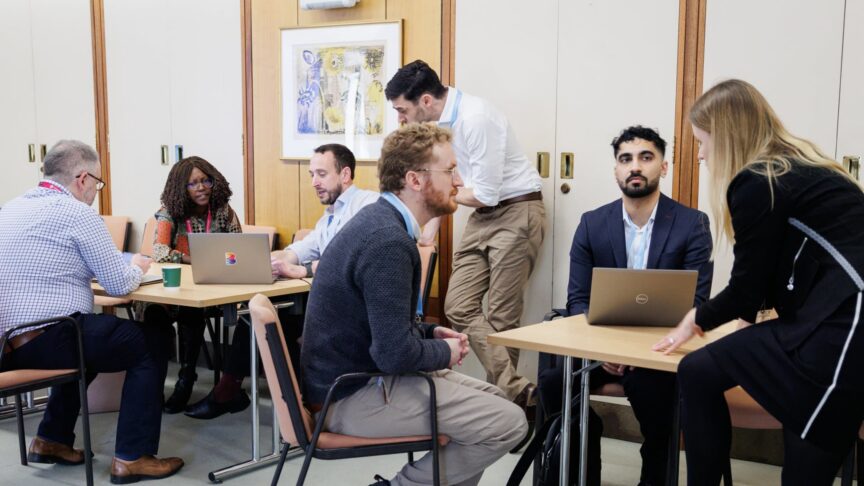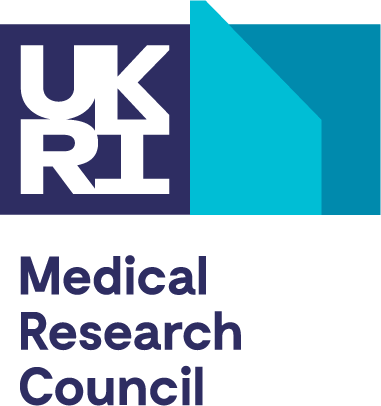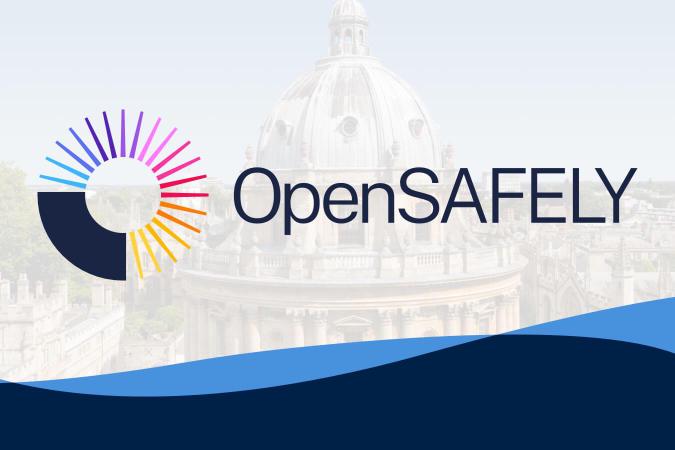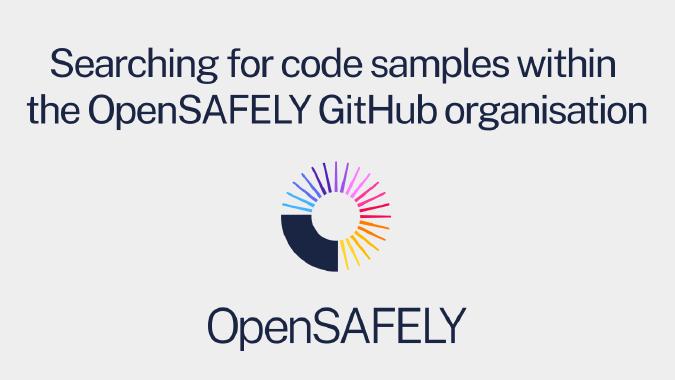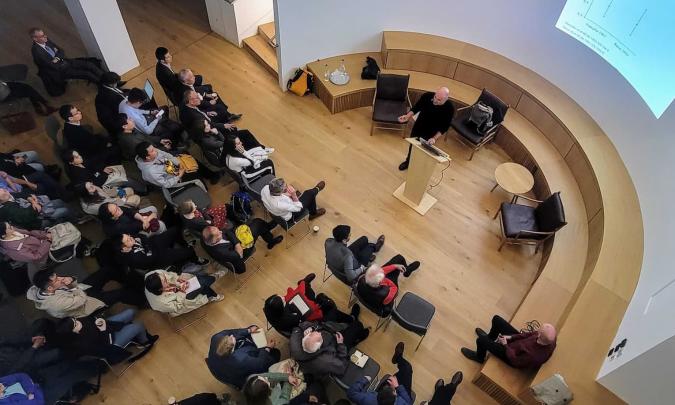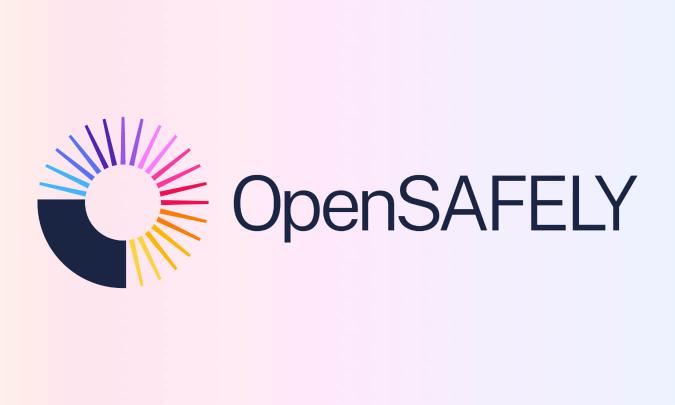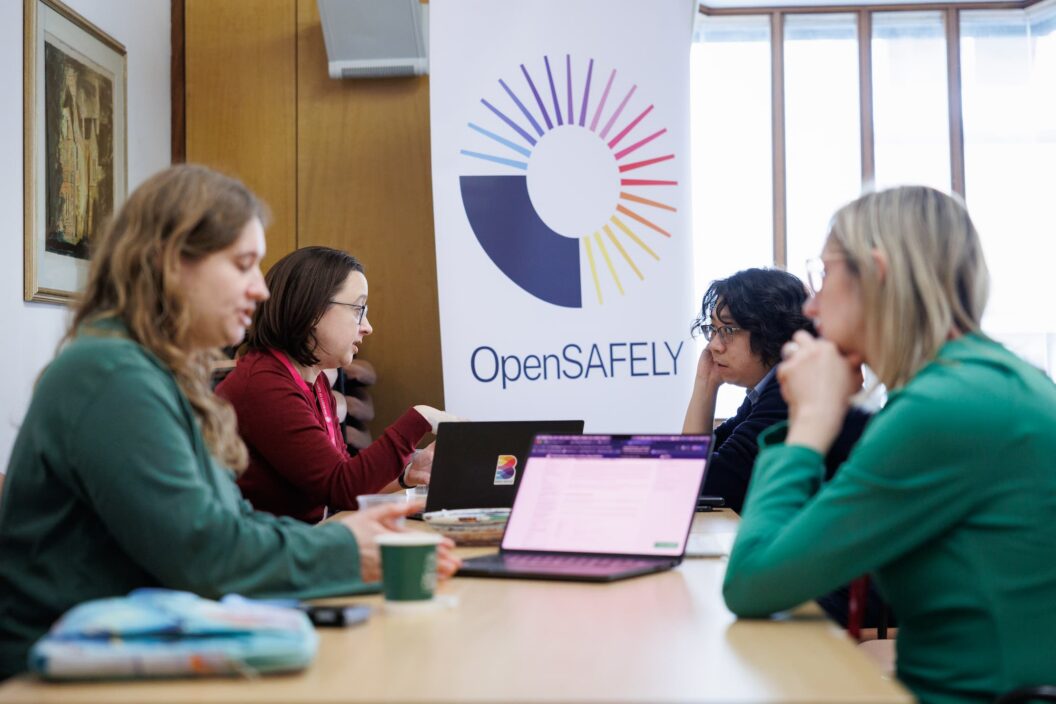
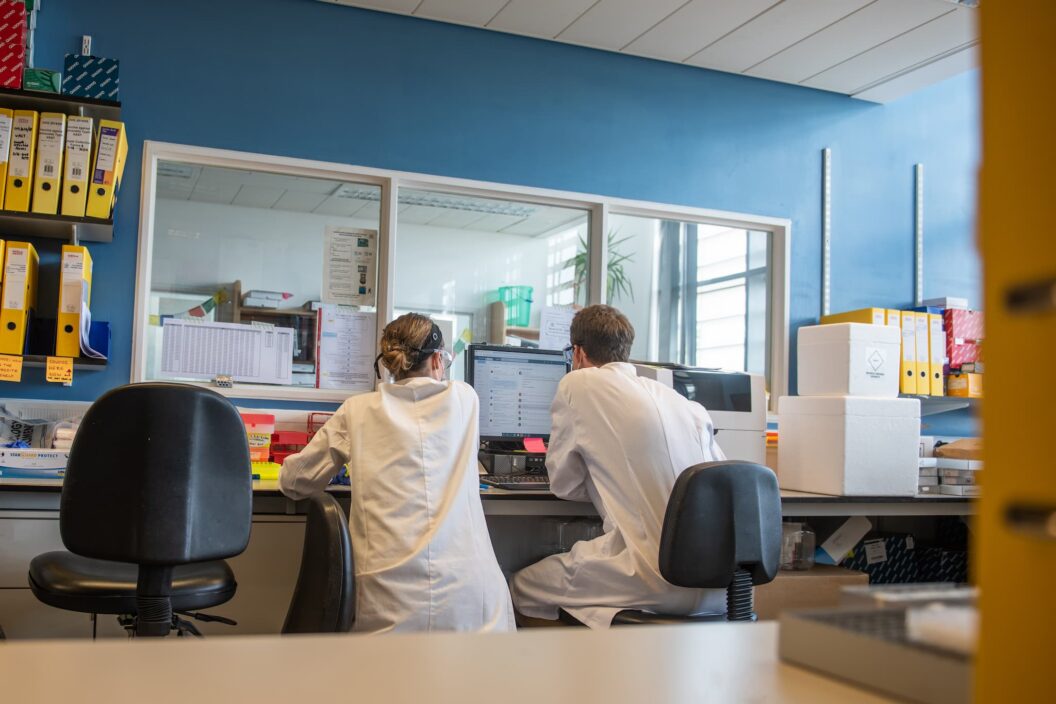
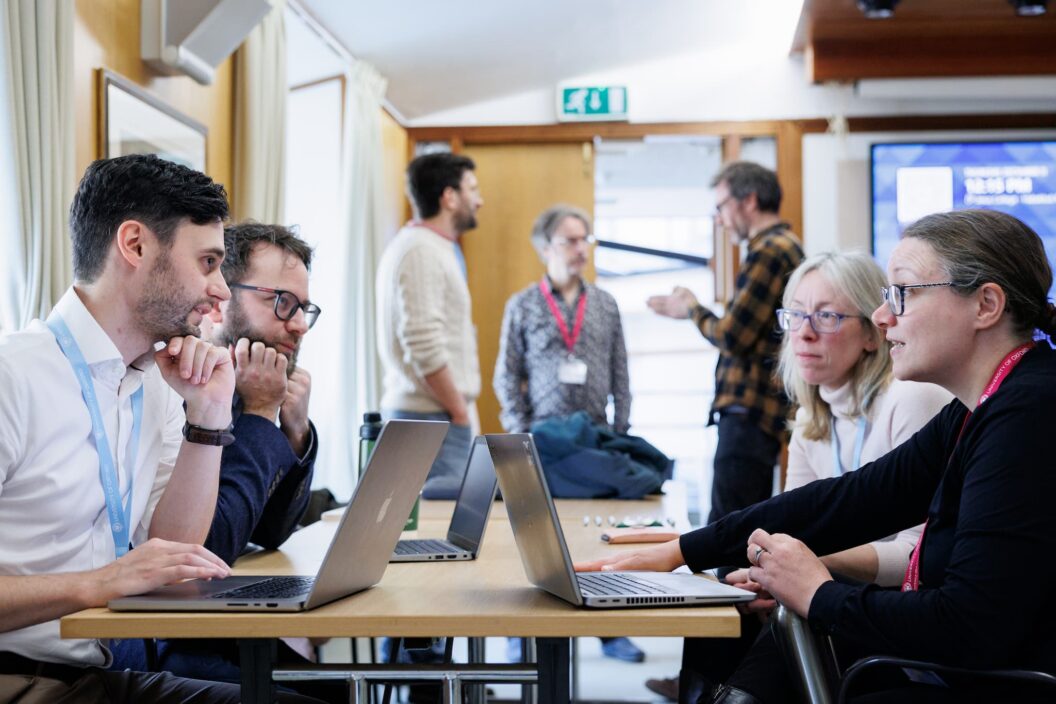
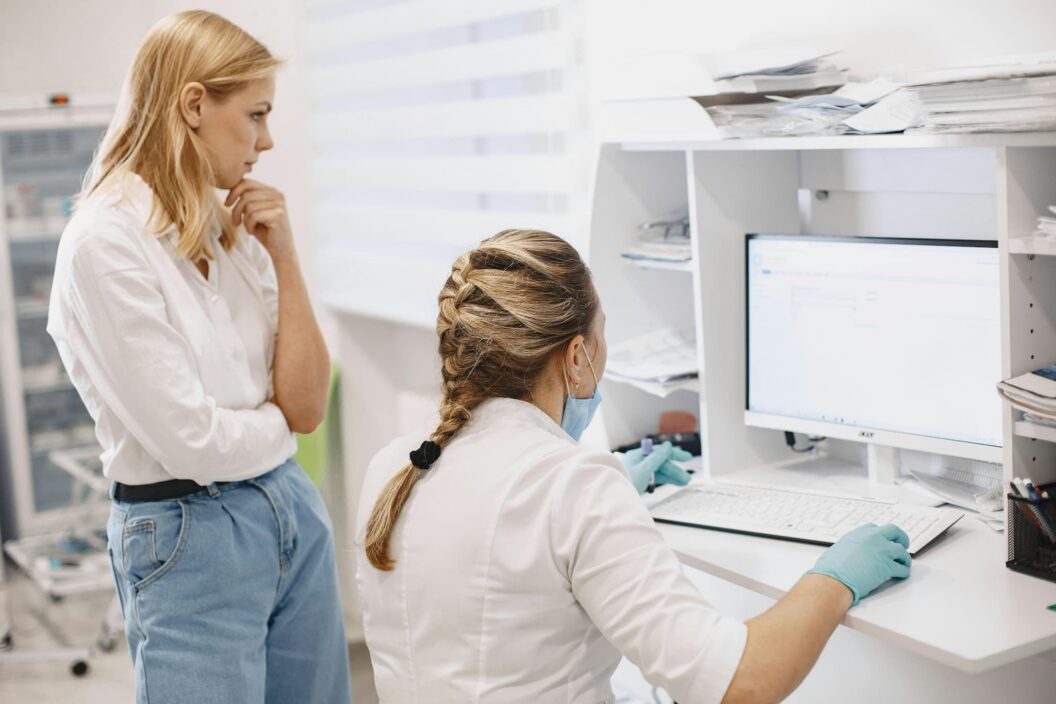
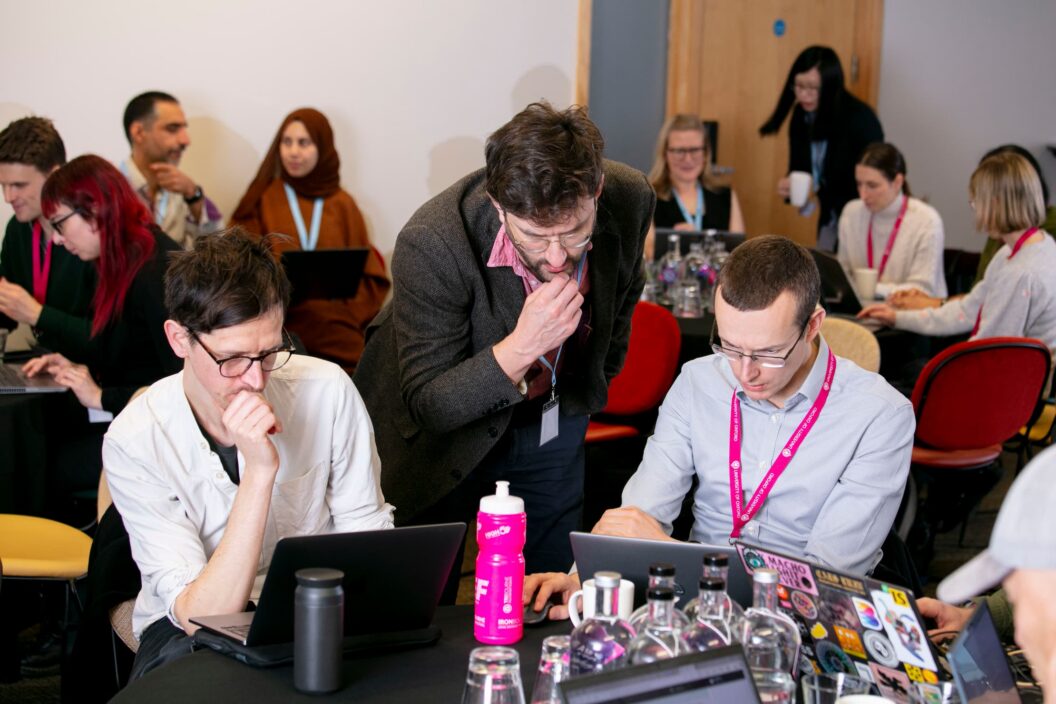


A platform for analysing large, sensitive datasets – safely and securely
OpenSAFELY is built, managed and maintained by a team at the Bennett Institute, University of Oxford, with NHS England, TPP, Optum, and a community of collaborators around the UK.
Awarded the Queen Elizabeth Prize for Education, 2025.
Work with us
What they say
“OpenSAFELY is … an extraordinary platform that integrates general practice data from across the country.”

“OpenSAFELY has been a breakthrough in how we responsibly use the UK’s health data for public good.”

“OpenSAFELY is a transformative approach to patient data, enabling rapid, large-scale research to provide answers to critically important research questions – while protecting patient privacy.”

OpenSAFELY Collaborators
-
Collaborator: University of Oxford logo
-
Collaborator: Nuffield Department of Primary Care Health Sciences logo
-
Collaborator: Bennett Institute for Applied Data Science logo
-
Collaborator: NHS England logo
-
Collaborator: TPP logo
-
Collaborator: Optum logo
-
Collaborator: London School of Hygiene & Tropical Medicine logo
-
Collaborator: National Institute of Teaching logo
-
Collaborator: The University of Manchester logo
-
Collaborator: University of Bristol logo
-
Collaborator: King’s College London logo


